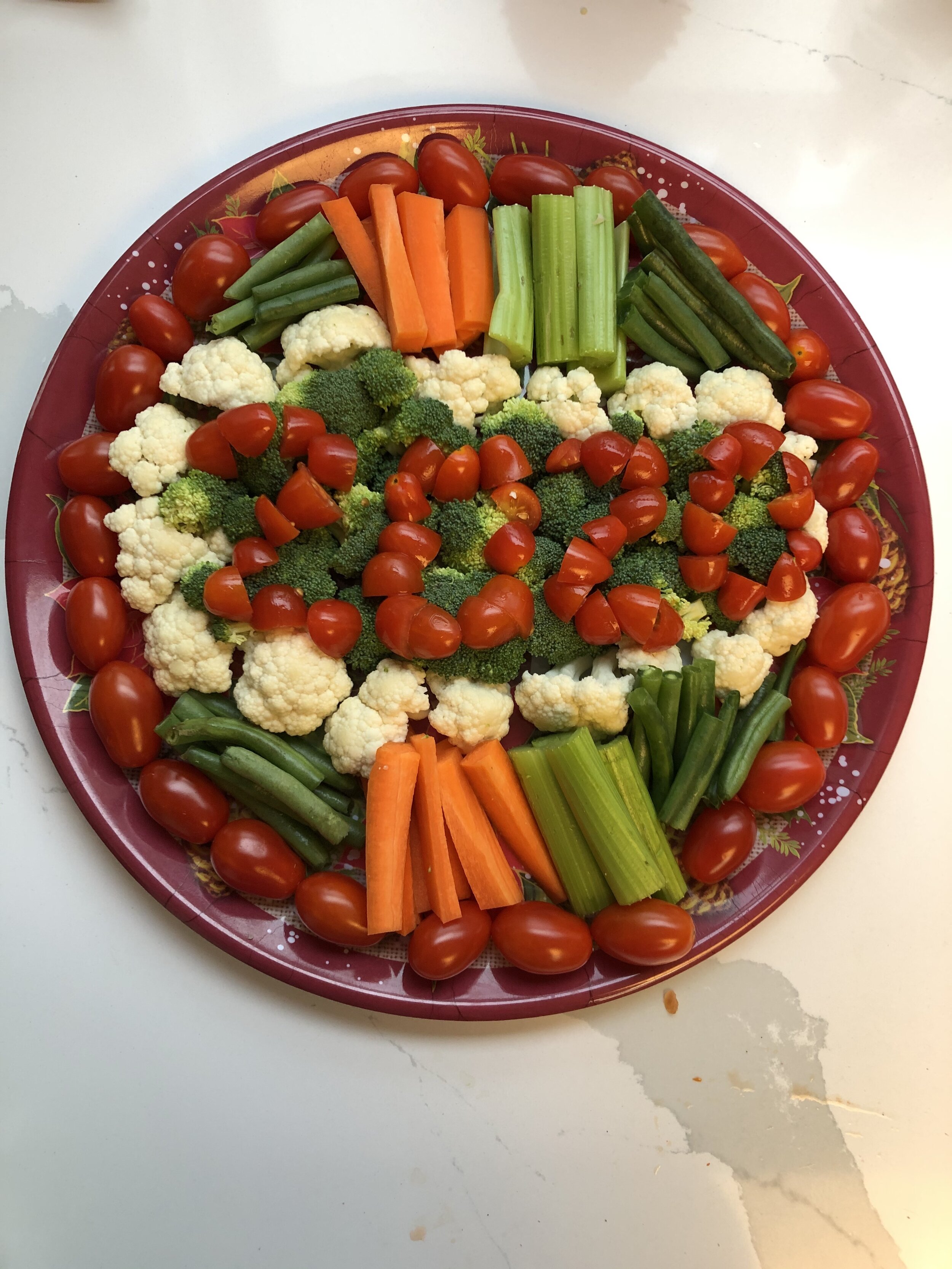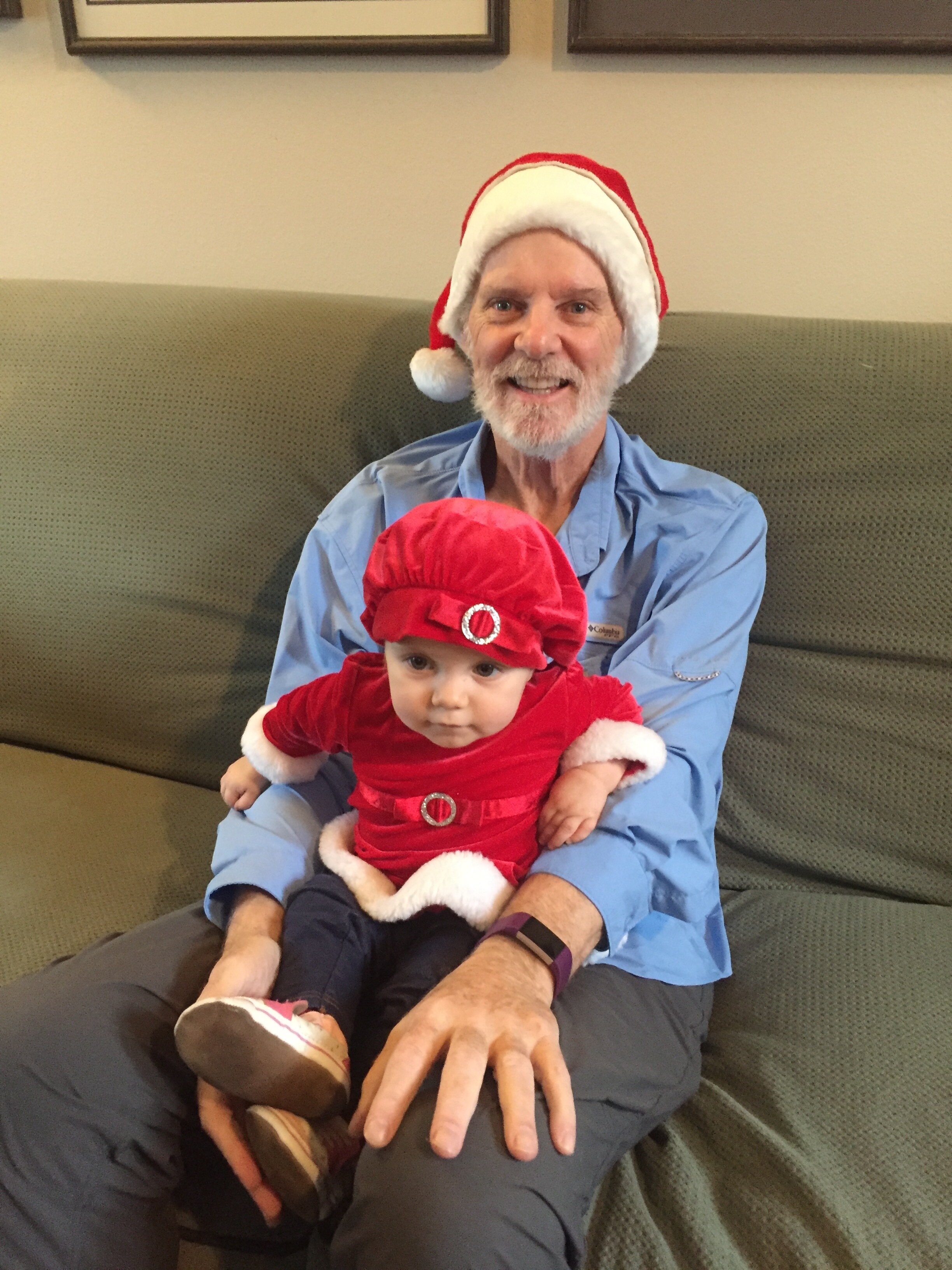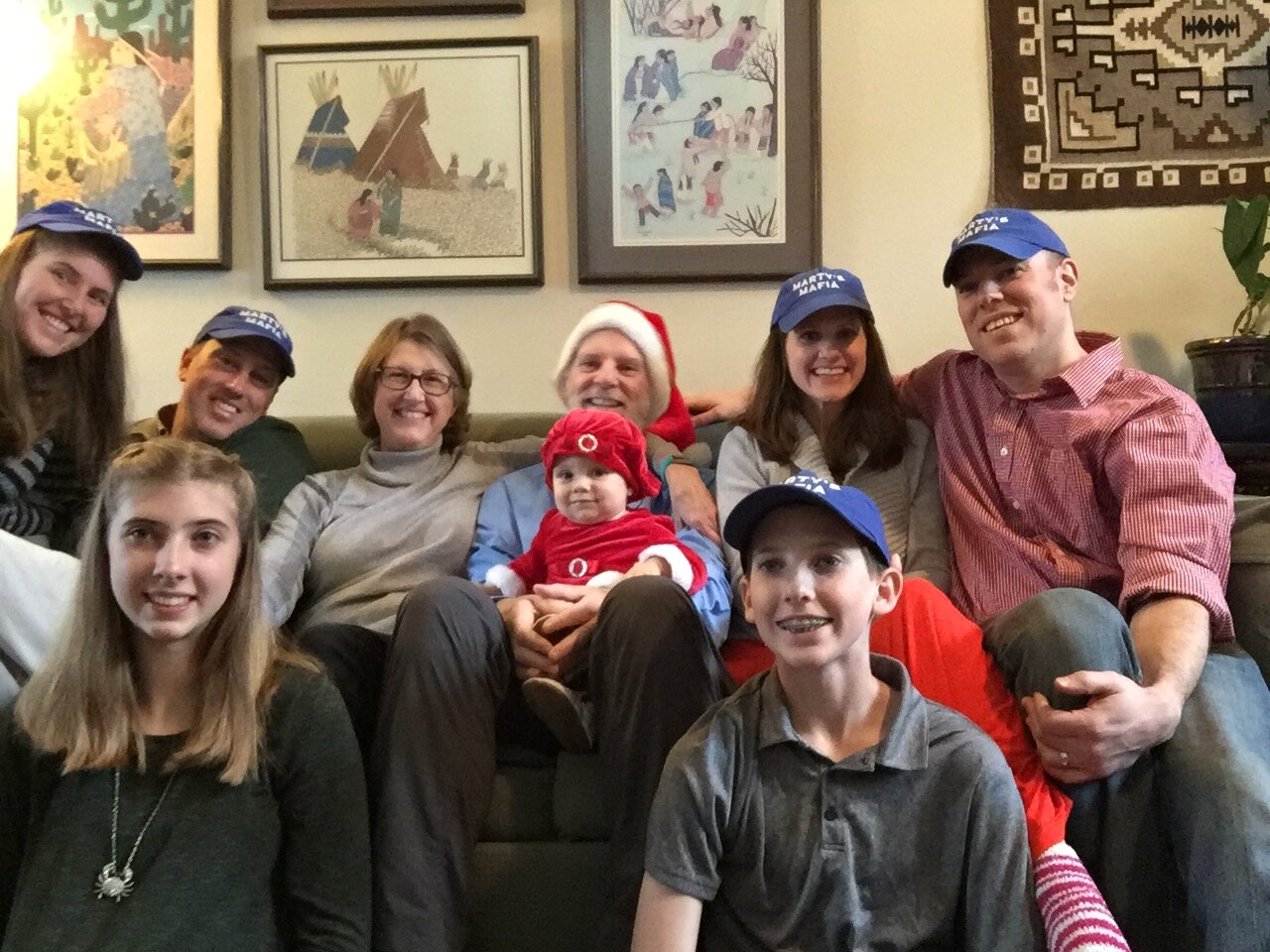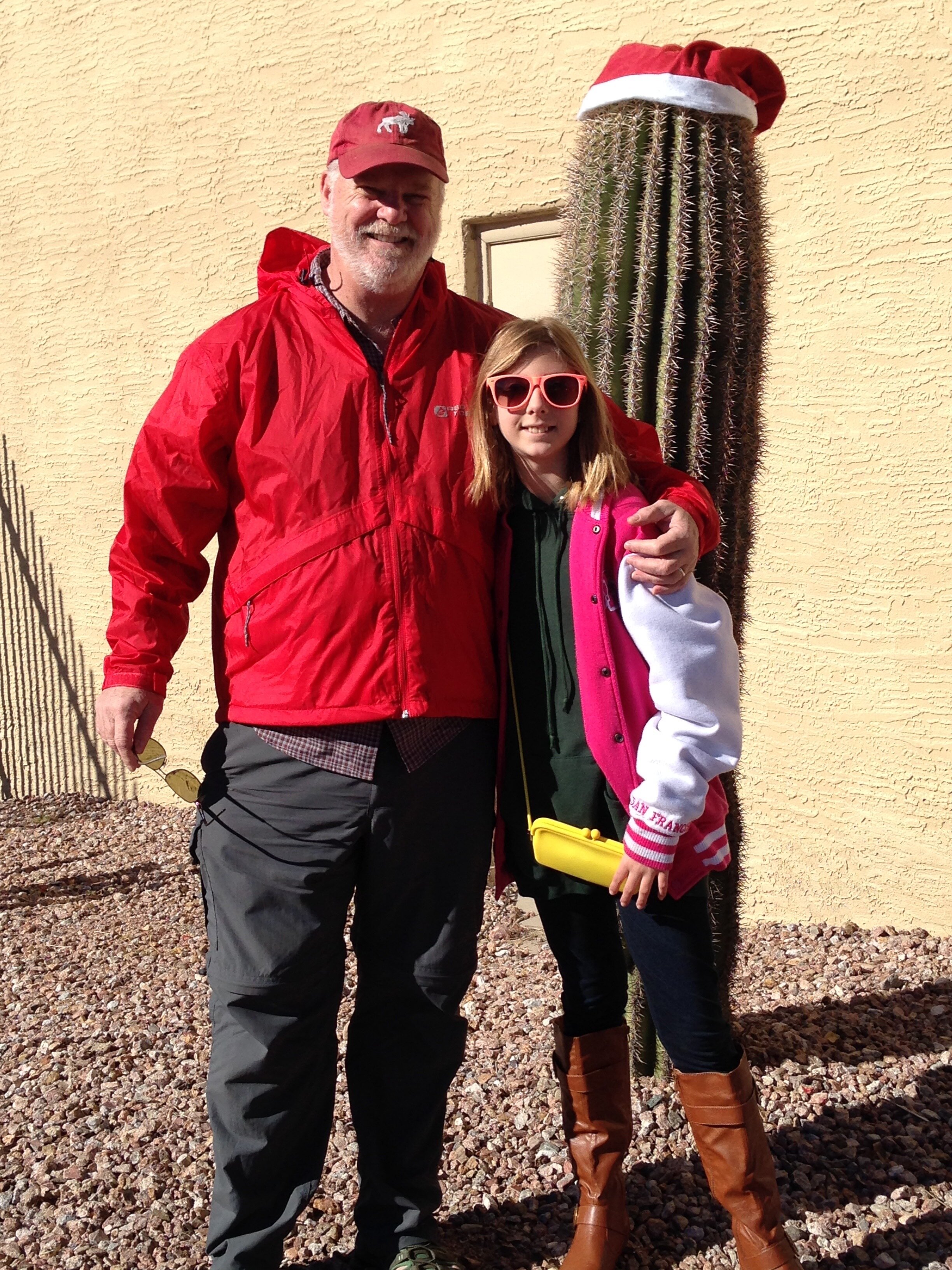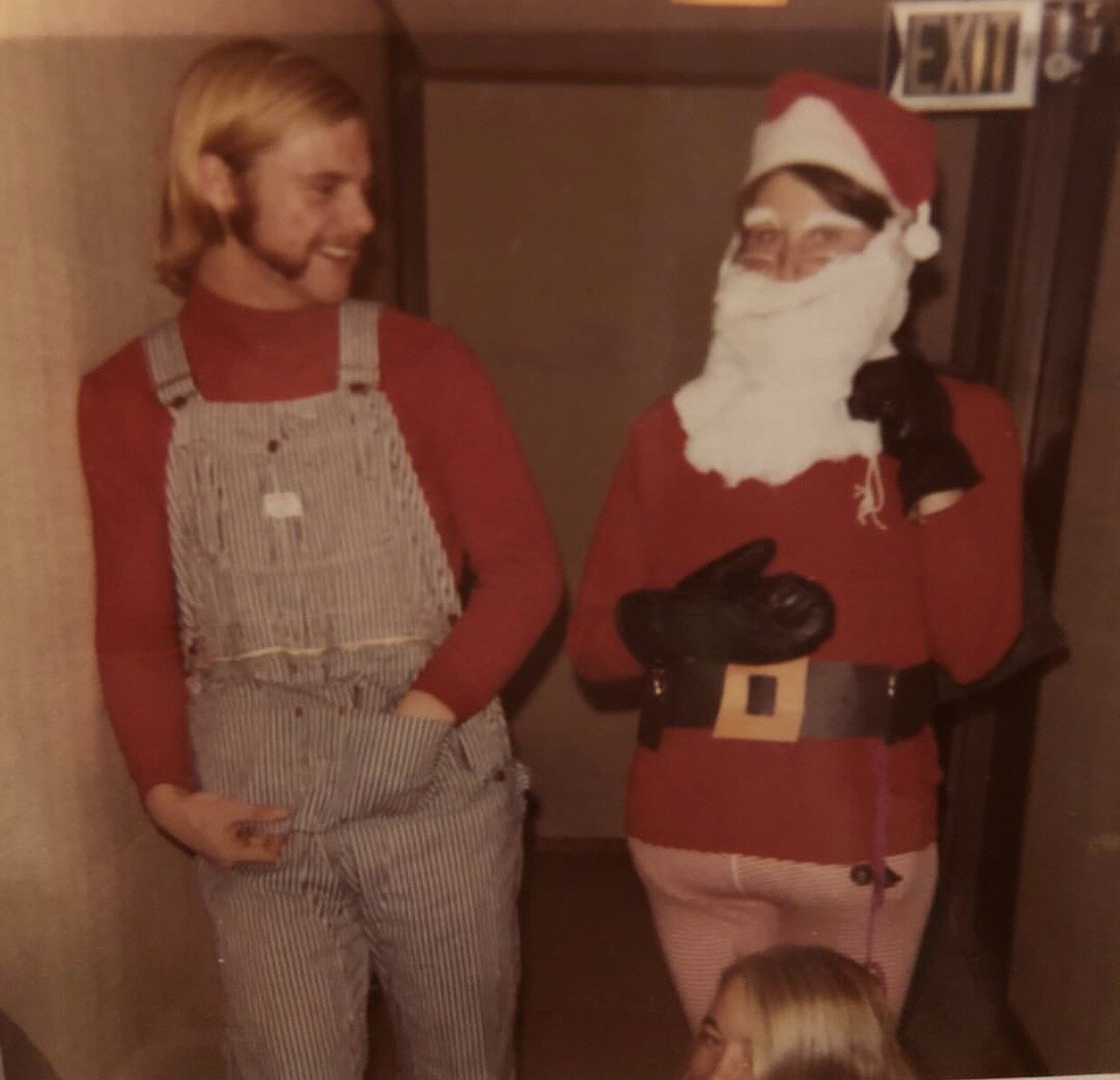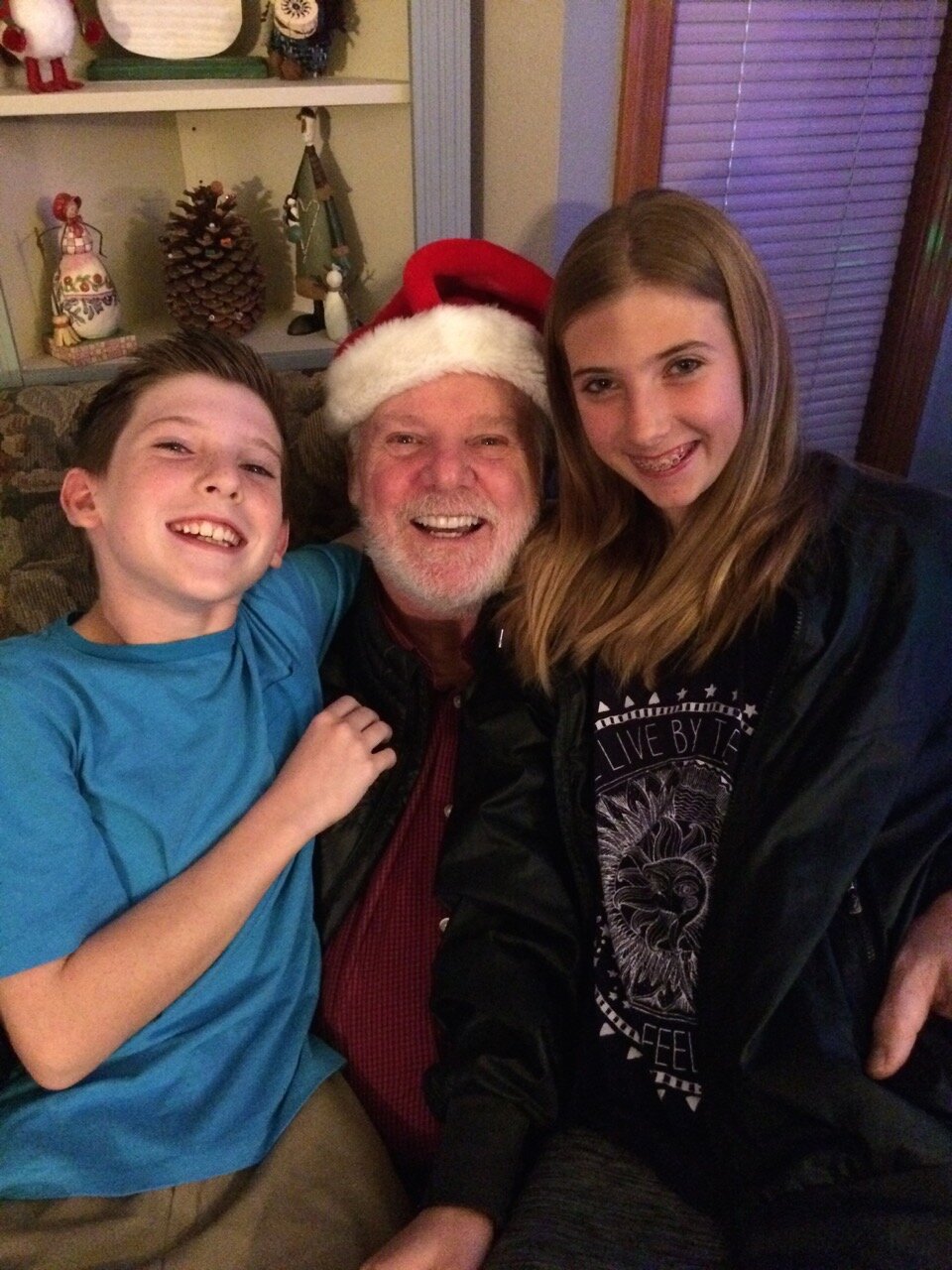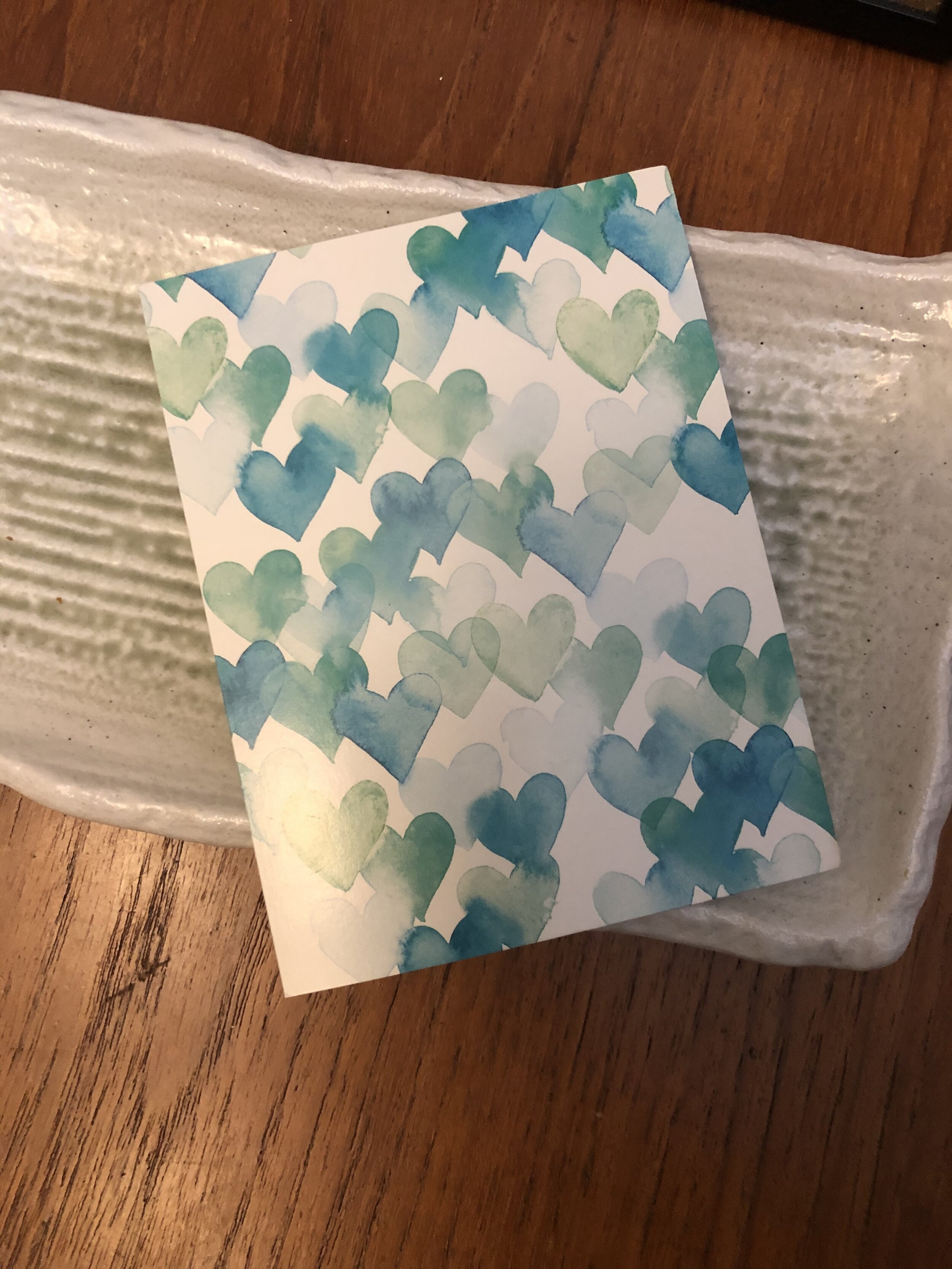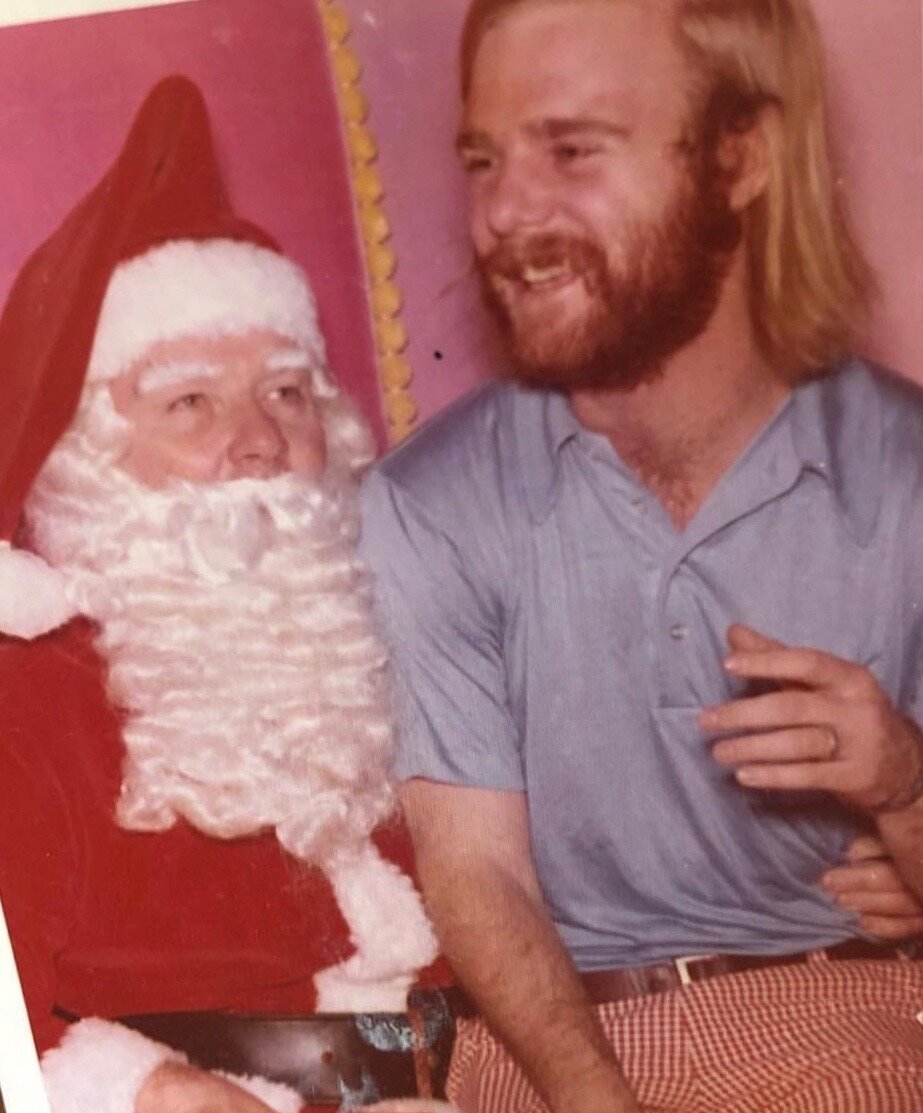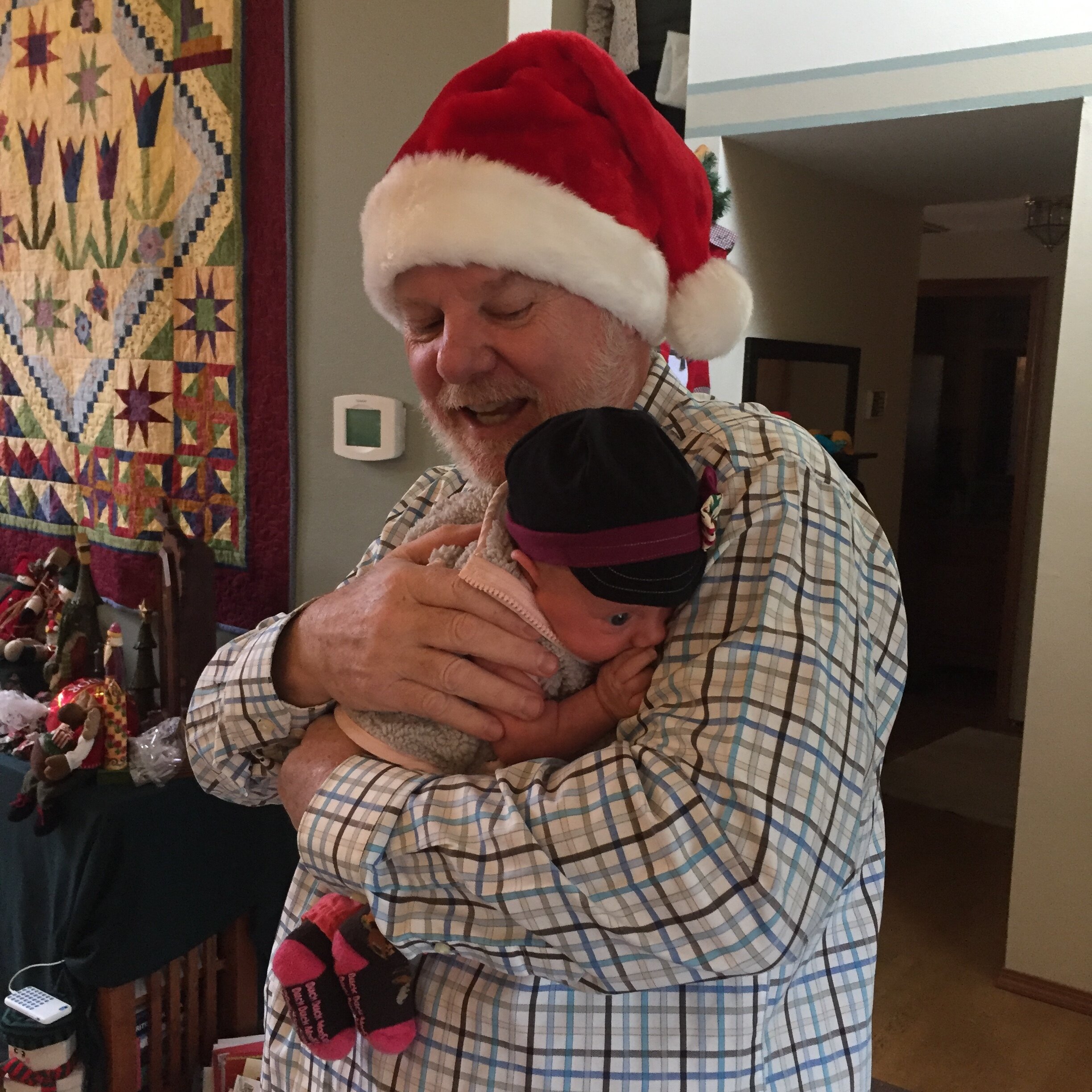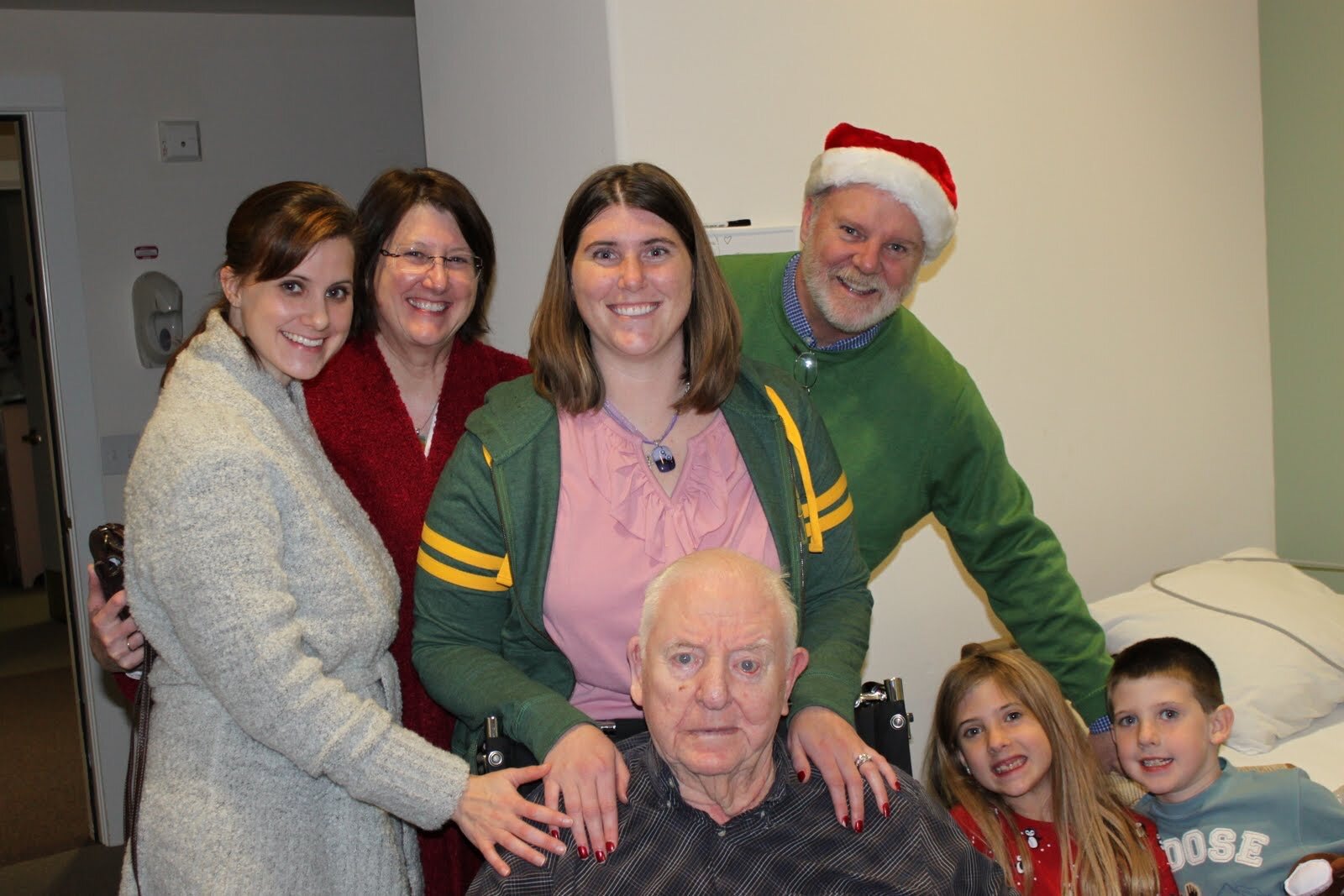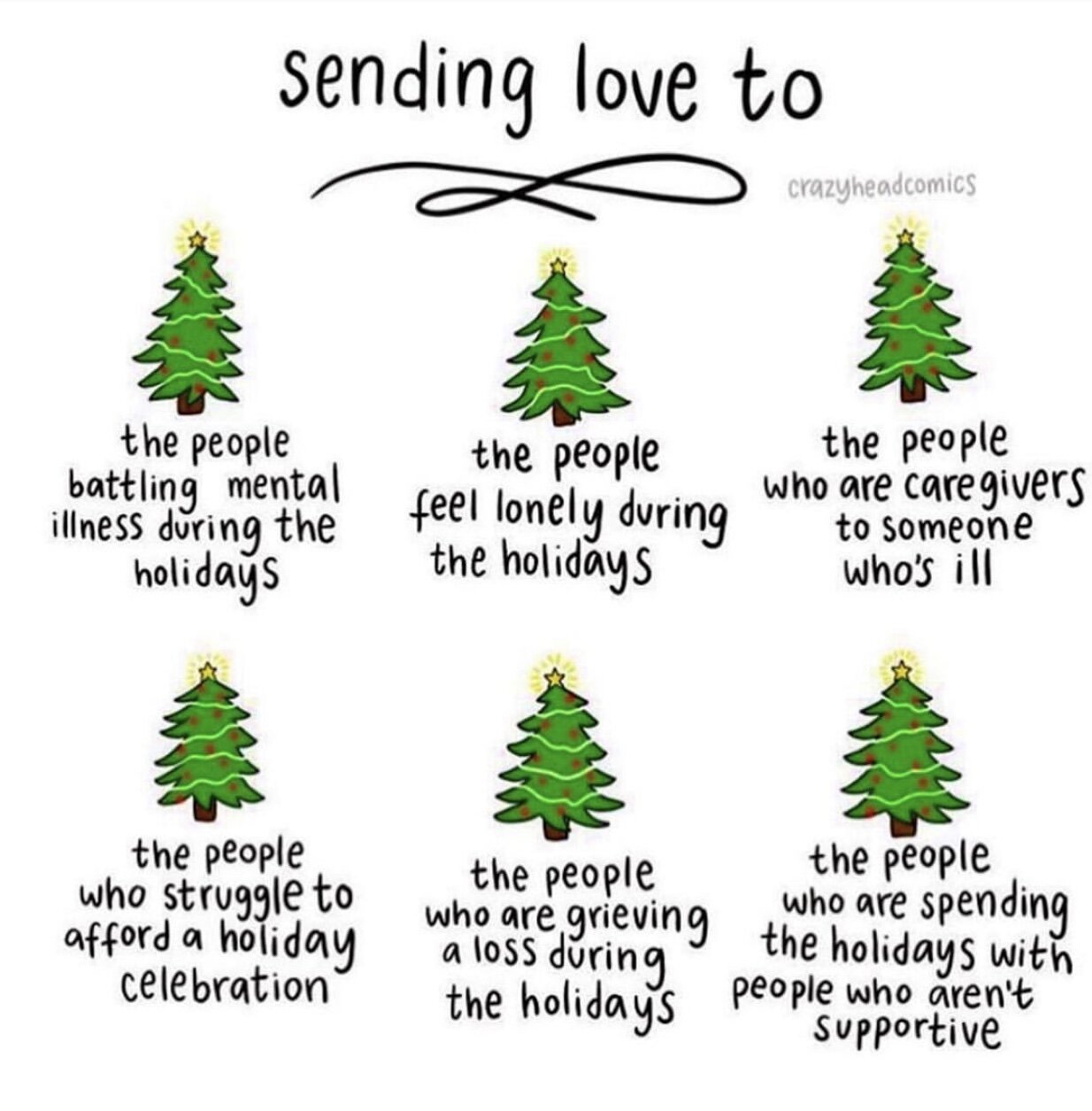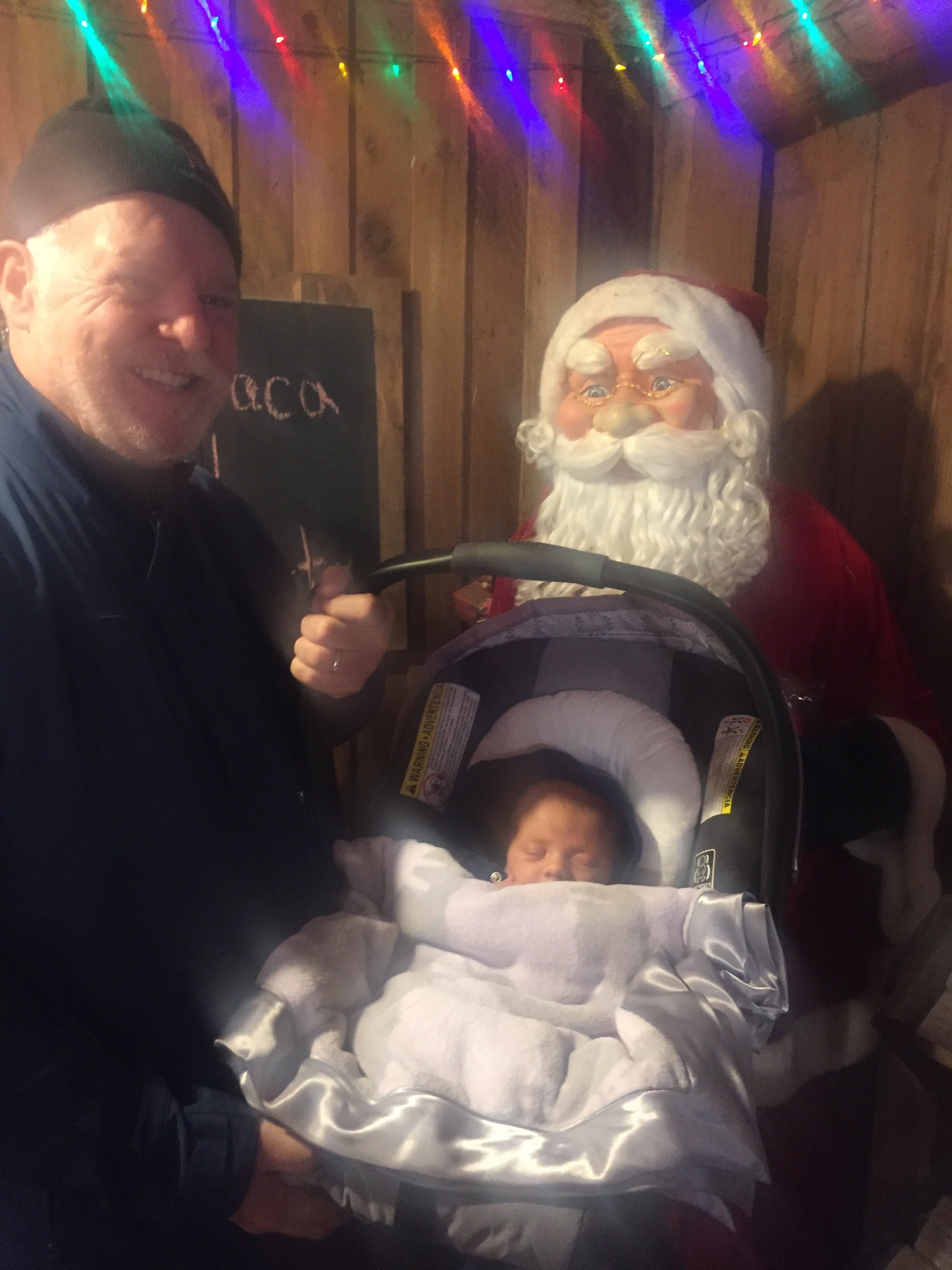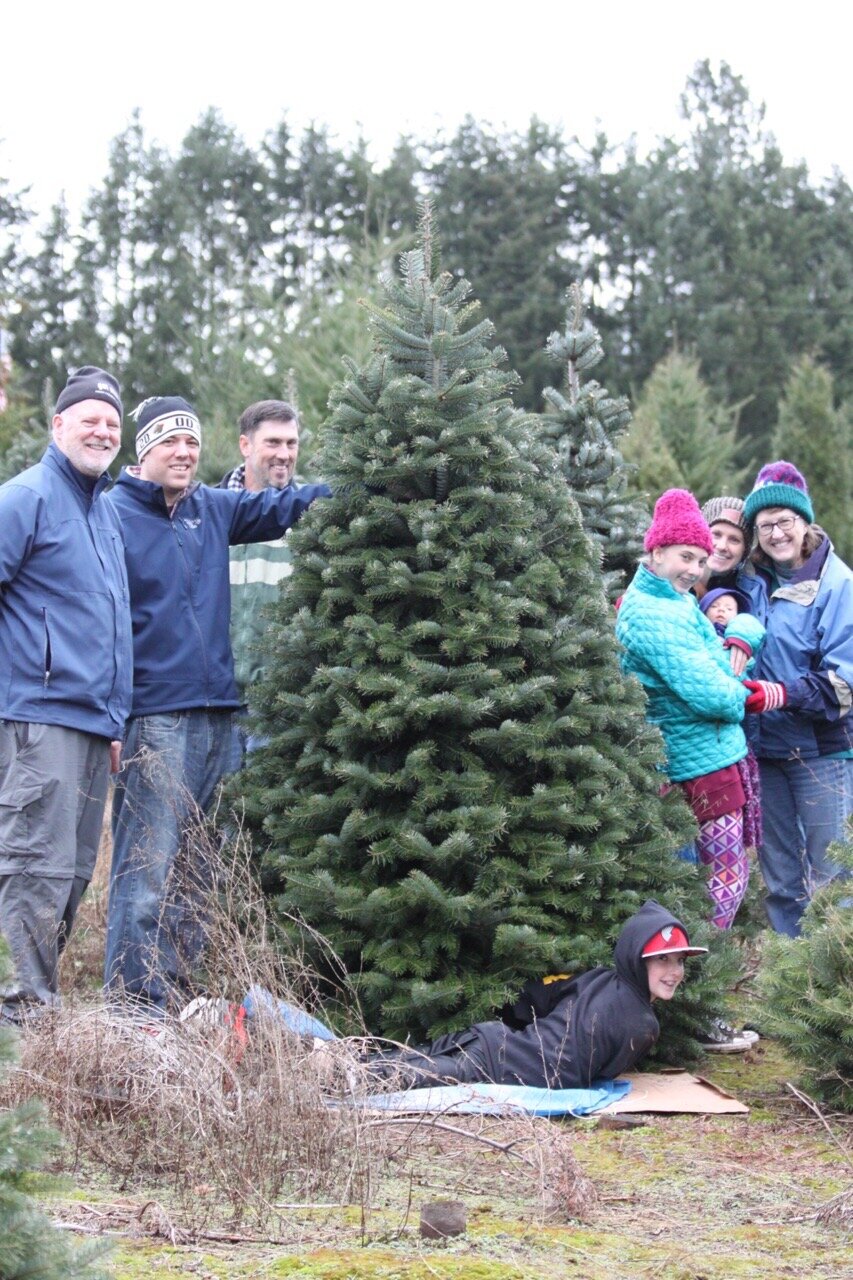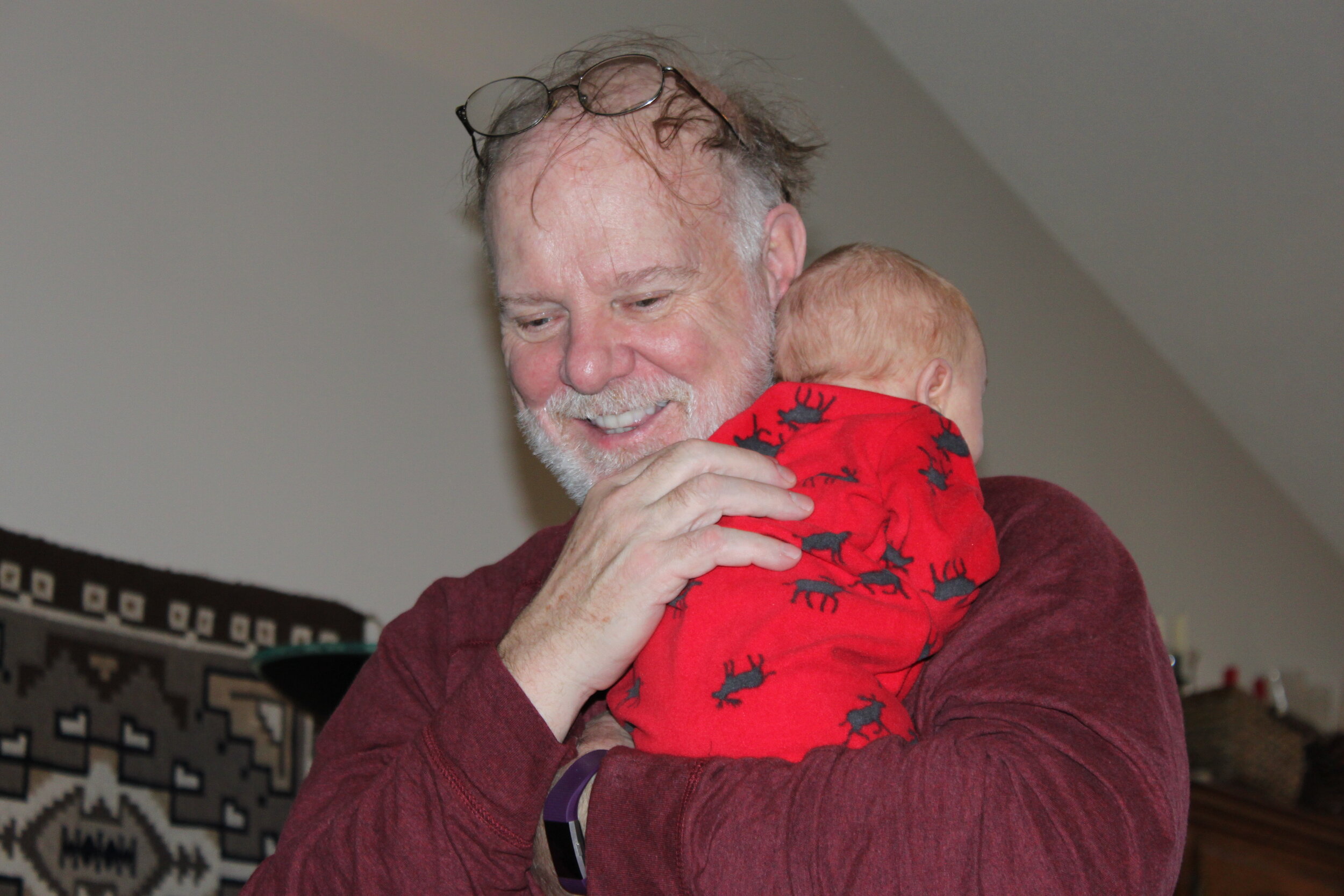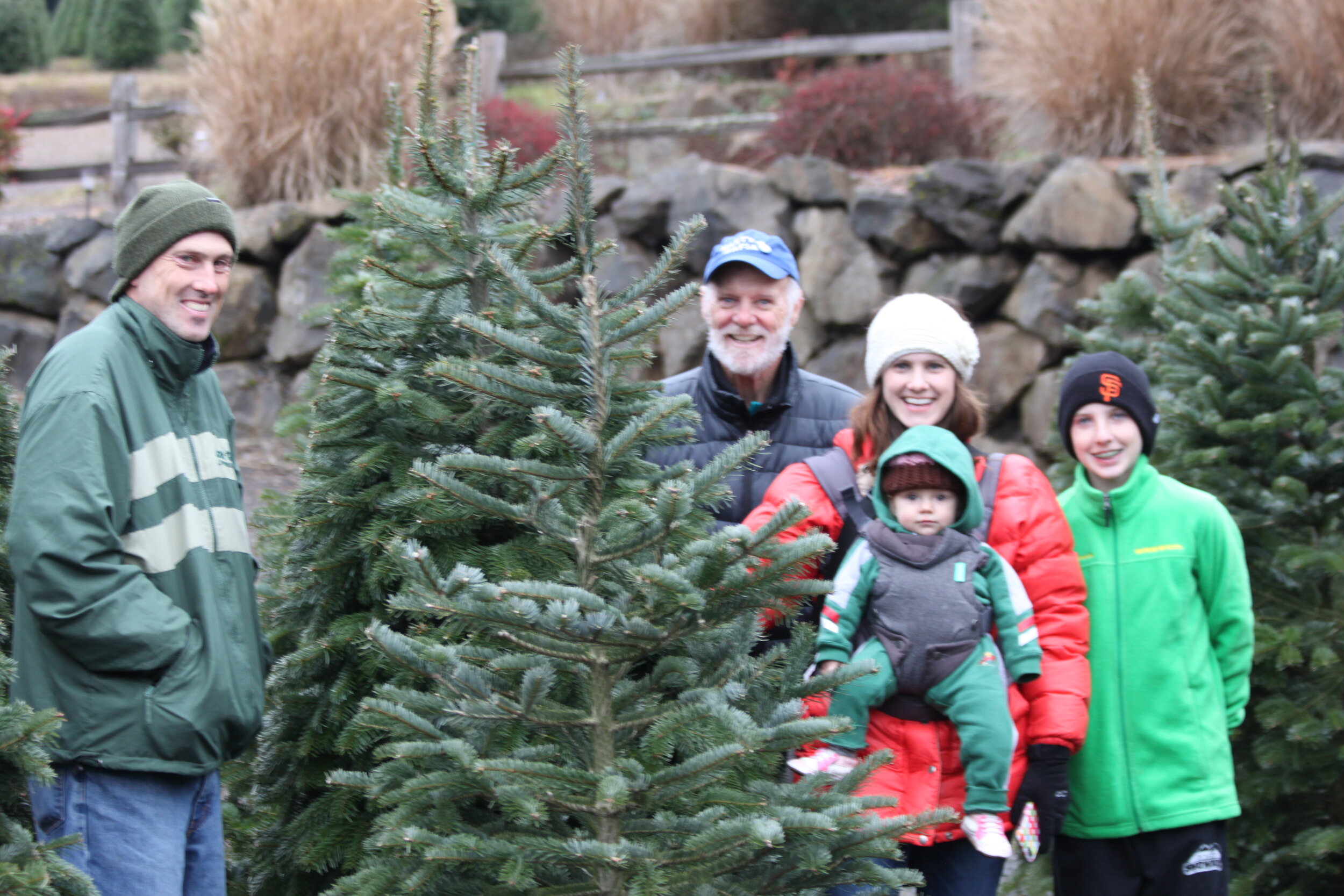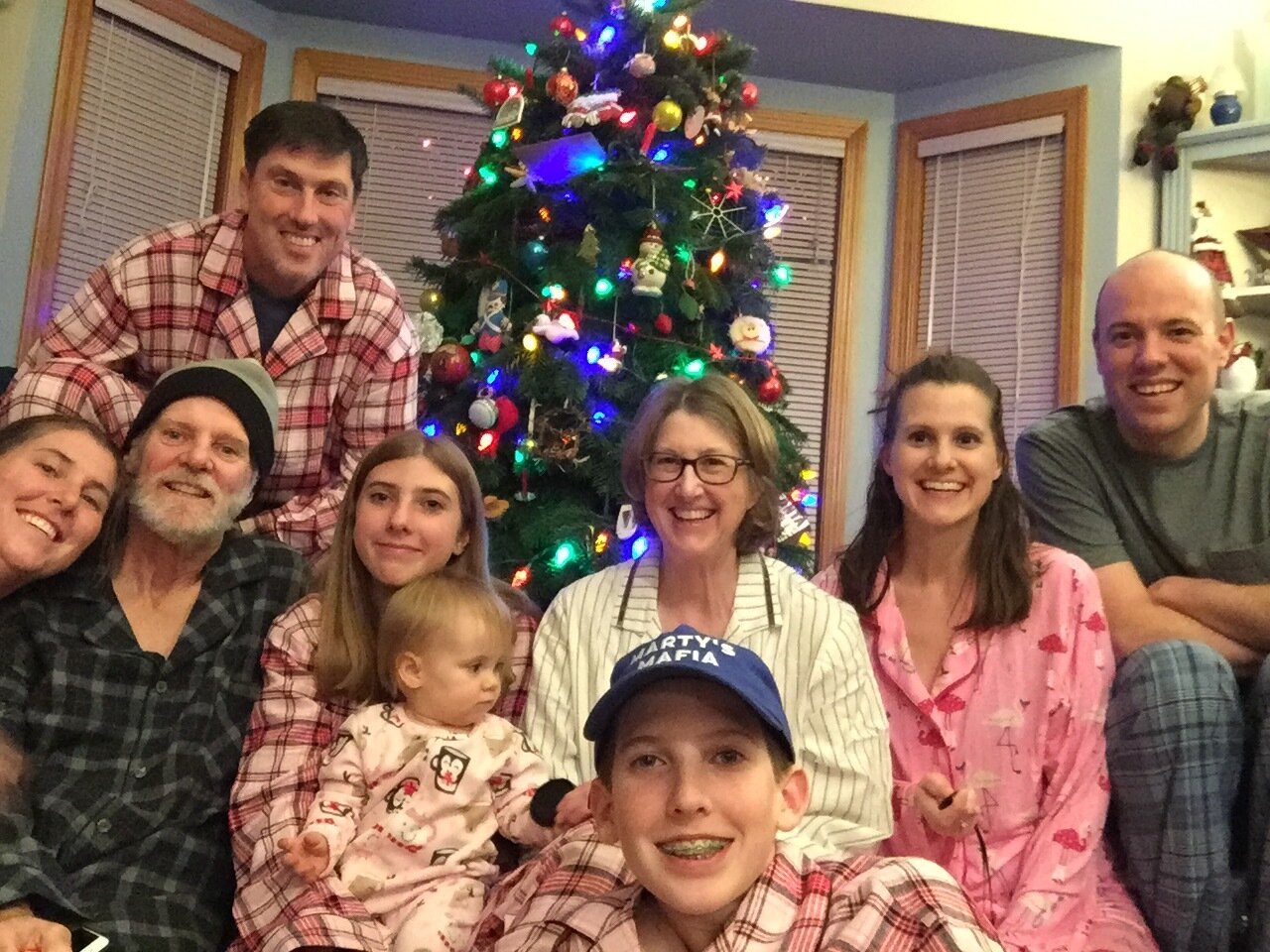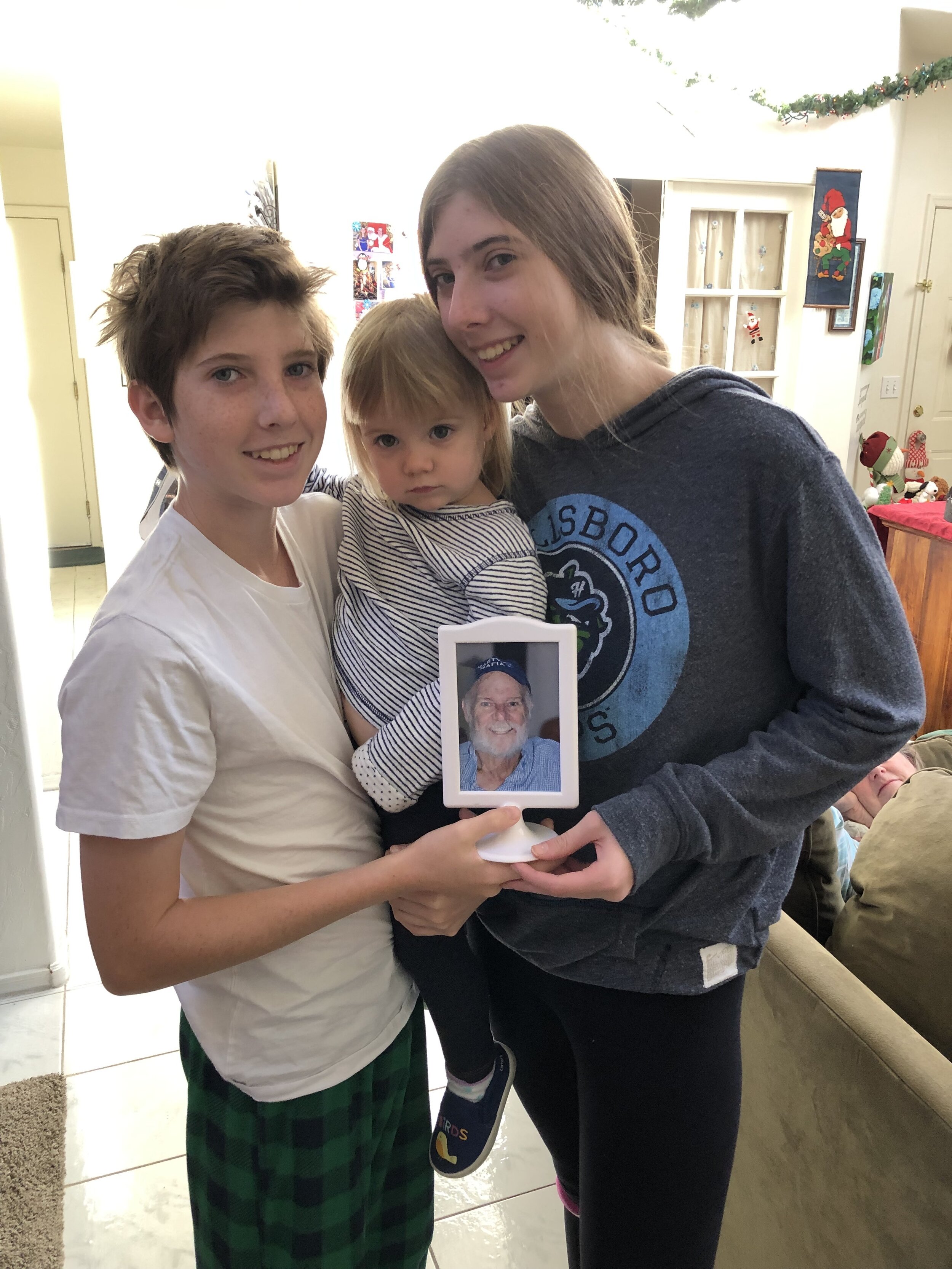I just made it through my second round of winter holidays without my dad and let me tell you: It wasn’t easy. And: I did it.
Leading up to the winter holidays, I wrote myself a list of reasons why this year’s holidays may seem harder than the first. I wrote this list because as someone who lived through grief, read book after book about grief, listened to podcasts about grief, went to therapy for grief, attended support groups for grief, and in general did so much “grief work” during my first year, I know that a lot of people are caught off guard when they find the second year of grieving harder than the first.
I didn’t want to feel caught off guard, so I made this list to prepare myself for the holidays.
REASONS WHY THE SECOND YEAR OF GRIEF MAY BE HARDER THAN THE FIRST
1.) No longer numb
2.) Fewer people checking in
3.) No longer dealing with “firsts” — now dealing with “forevers”
4.) Societal expectations to be better/ moving on after a year
5.) Dwindling support
6.) Reality of the perpetuity of loss setting in
7.) Bigger distance between memories + fear of forgetting stories and details
8.) Loved one’s name brought up much less frequently
9.) People dealing with new losses and crises unable to continue devoting attention to your loss
10.) Assumptions that first year is always the hardest
Armed with my little list and a year’s worth of experience and knowledge, I headed into the holidays and … was still caught off guard and blown away by how much harder the second year felt. (And man, did I think the first year felt hard.)
The thing is: I still really miss my dad. I miss his Santa-like personality: his jolliness and sparkle. I miss how much I laughed when I was with him. I miss the specific cadence of his laugh, which I can hear in my head but cannot mimic out loud. The embarrassing yet endearing way he started conversations with nearly every stranger he encountered, from the grocery cashier to someone out on the same walking path. The telepathic way he always knew when something was wrong, the specific weight of his hugs, and the family stories that received a few more embellishments every time he told them: These are the things that I still think about every day. When you’ve known someone for 36 years, a year of grieving is nothing.
There were a few concrete ways the differences between the first and second years crept in. For example, I celebrated my first Christmas two months after my dad died. Nearly every holiday card we received in 2018 mentioned his death and acknowledged our loss. There were many handwritten notes addressing the difficulty of grieving during holidays while sharing condolences. There were even a few typed yearly updates that included his death as a main talking point of the year.
This year I celebrated Christmas fourteen months after my dad’s death. I received many holiday cards* — family photos, messages of joy, updates about the comings and goings of friends and family near and far. There were sweet sentiments and thoughtful updates that I’m grateful people took the time to send our way.
I received ONE card** that addressed my dad’s death and acknowledged my loss.
Now, there are of course so many reasons for this. People are dealing with their own shit. A million deaths and other catastrophes have occurred since my dad died. People who don’t know me well maybe forgot. And those whose who do know me well: Maybe they’re understandably preoccupied with their own difficult situations. Maybe they don’t think the holidays are the time to say something. Maybe they think the best thing to do is say nothing and just be cheerful and joyous in their wishes. Or maybe they think it’s been a year and it’s time to move on.
No matter the reasoning, though, the contrast between the two years felt sharp. This year I received an awful lot of “Enjoy the holidays!” and “Have fun with your family!” messages. And then there was one note that said, in essence: I miss your dad, I’m thinking of you, and I know the holidays may not be easy without him.
That one note meant a lot to me.
I know the time will come — maybe even next year — when I’m no longer receiving any notes, when everyone I know has moved on in such a way that his death and my loss are no longer mentioned at all. Maybe those years will feel even harder and lonelier than this one.
But for now: This year felt … complicated. I think I was craving certain acknowledgements from certain people — mainly, the people closest to him. I received a lot of cheer instead.
I have a friend who always says something like, “Hope you’re doing fantastic!” And while that in itself is a nice sentiment, it allows me very little room to respond in a way that verges from what she’s suggesting. It’s difficult to respond to her chirpy tone with anything other than “Yup, doing amazing!” Maybe this year’s holiday cards felt a bit like that — like there was an expectation that I should feel joyful and celebratory. Last year I felt more freedom to express not just joy and celebration but also my sorrow and grief. The reactions I received from others aligned with the way I felt internally. This year I felt like I needed to carry my emotions more quietly, which made the entire experience a little more lonely.
So here’s my advice for the holidays if you know someone who’s experienced deep loss: Acknowledge it. Acknowledge it even if it’s been a year. Acknowledge it even if it’s been ten years. And for all those people in our lives who suffer quiet losses we never know anything about but that deeply impact their lives all the same: Maybe we could all do each other a favor by rejecting this persistent cultural narrative that insists the holidays are only allowed to be 100% happy.
We pretend that the holidays are a time of JOY, JOY, JOY, JOY, JOY, JOY! But for most of us, they’re really a time of JOY, stress, grief, JOY, overwhelm, JOY, loneliness, grief, JOY, confusion, JOY, sadness, JOY, grief, grief, JOY.
It’s not that you’re unable to experience moments of beauty and happiness during the holidays (or any time of year) after someone you love died, or after experiencing another big blow like divorce, job loss, infertility or major illness. It’s that it’s not the ONLY emotion you’ll experience — and for that matter, it’s not the only emotion that ANYONE will experience. Just look at a child, one untainted by loss or major stresses yet. They’ll often experience the holidays through a lens of absolute joy and giddiness. And yet: There will be moments of exhaustion. Sugar overload. Tantrums. Disappointment at not receiving this gift or that. Boredom at long holiday meals. All the human emotions that all the humans of the world experience.
Add a major loss to the big range of normal human emotions and it’s easy to see that this idea of holidays being nothing but JOY is unattainable. Instead, what if we let people feel the way they really feel? And what if we acknowledged, for those who have lost someone central or experienced other painful events, how difficult some moments during the holidays will be?
Wouldn’t that feel so much less lonely for everyone?
*Confession: We don’t send out holiday cards this time of year at all (we send out Valentine’s Day cards instead), so we potentially left a lot of people feeling unacknowledged and lonely. The point of this blog is never to point out all the things that other people are doing wrong and say how great I’m doing. It is never wrong to send someone a card wishing happy holidays, so I hope nobody took this as the takeaway (and thank you for the cards, truly!). Everyone is doing a great job. And: Maybe acknowledging difficulties and grief beyond the first round of holidays is something we could all think about a little more, myself included.
**On the first day of the new year, I received an email that specifically addressed my dad and my loss. This email also meant the world to me. In a future post I’ll go into bigger detail about the way some people have really come through for me during my losses. Let it never be lost, even when I’m feeling lonely in my grief, that I am so very grateful for the support I have received.
In grief and with love,
KrissyMick
Photo Credits, Top to Bottom: Kristen Forbes, Kristen Forbes, Self-Timer, Kristen Forbes, Unknown, Kristen Forbes, Kristen Forbes, Unknown, Kristen Forbes, Unknown, Crazyhead Comics (@crazyheadcomics), Kristen Forbes, Jessica Mueller, Kristen Forbes, Jessica Mueller, Self-Timer, Kristen Forbes, Kristen Forbes


